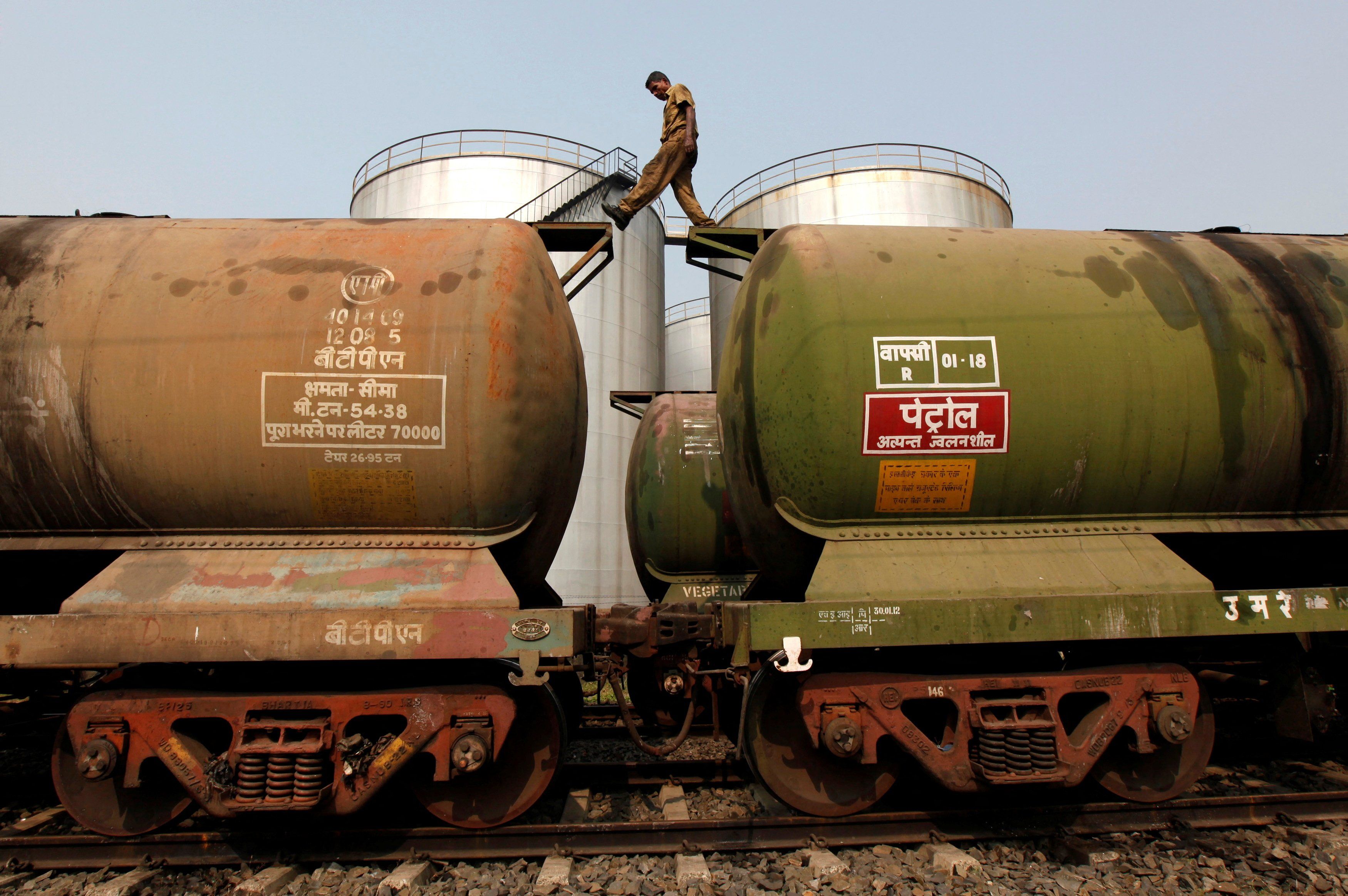The International Energy Agency reported Tuesday that Russia’s oil exports hit a post-invasion high in April of 8.3 million barrels per day. That’s up from the monthly average of 7.7 million in 2022. Those with the bad habit of reading only the headlines might think this is good news for Vladimir Putin and his war on Ukraine. Not quite.
Buried among the details and data points in many press reports is the reality that despite the export record, Russia’s monthly oil revenues were down 27% from last year, according to the IEA. And the Russian government’s tax receipts from the oil and gas sector have fallen 64% over the past year. Why is that? In response to Russia’s invasion of Ukraine, Europe has stopped buying Russian oil exports, some 80% of which now go to China and India. But the Asian giants can buy Russian oil at steeply discounted prices.
That’s good news for all the world’s oil consumers because the complete elimination of Russian oil from global markets would send prices everywhere soaring. Instead, oil buyers avoid a price shock, China and India get cheap crude, Europe gets independence from Russian energy, and the Kremlin gets less revenue. You won’t get that from headlines about export records.
